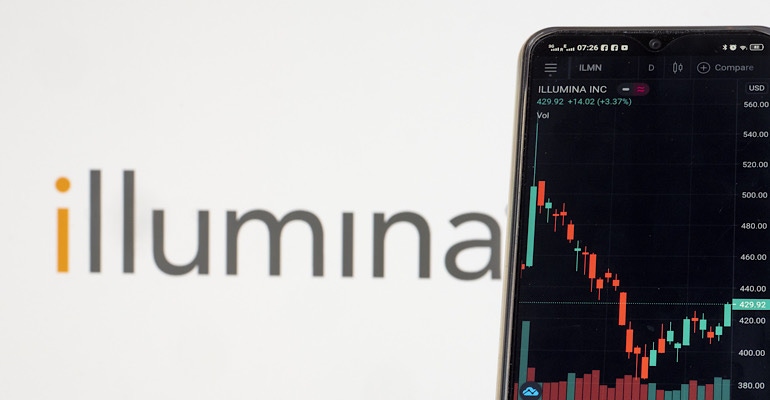European Commission Doubles Down on Illumina/Grail Merger
The European Commission has opened an investigation assess whether Illumina's decision to complete its acquisition of Grail is a breach of the “standstill obligation."
August 22, 2021

The European Commission is challenging Illumina’s recent decision to acquire Grail without first securing EU antitrust approval. The San Diego, CA-based company could face hefty fines as a result of completing the merger – even though it said it would hold Grail as a separate company until the antitrust investigations were complete.
In a release, the commission said constitutes a breach of the “standstill obligation” under Article 7 of the Merger Regulation. The standstill obligation prevents the potentially irreparable negative impact of transactions on the market, pending the outcome of the commission's investigation.
“We deeply regret Illumina's decision to complete its acquisition of Grail, while our investigation into the transaction is still ongoing,” Executive Vice-President Margrethe Vestager, in charge of competition policy, said in a release. “Companies have to respect our competition rules and procedures. Under our ex-ante merger control regime companies must wait for our approval before a transaction can go ahead. This obligation, that we call standstill obligation, is at the heart of our merger control system and we take its possible breaches very seriously. This is why we have decided to immediately start an investigation to assess whether Illumina's decision constitutes a breach of this important obligation”.
The Europe Commission said it could impose fines on Illumina, which could reach up to 10% of the companies' aggregate turnover.
Illumina caused heads to turn last week, when it pushed forward with acquiring Grail before the anti-trust investigations from the Federal Trade Commission and the European Commission were complete. But the gene sequencing specialist said it needed to complete the Grail acquisition now because if it did not then it would be locked into a situation where the deal terms would expire before there was a chance for a full review.
Illumina announced in September of 2020 that it would acquire Grail, a company it spun out in 2016. Shortly before the announcement Grail was in the process of going public. The IPO was part of several power moves liquid biopsy companies were making or involved in at the time.
Recall, shortly after Grail filed to go public, Exact Sciences announced it would acquire Thrive Earlier Detection for a total of $2.15 billion. Thrive has been the only liquid biopsy company to go toe-to-toe with Grail’s fundraising prowess. The Cambridge, MA-based company raised $110 million in a series A round breaking Grails record of raising $100 million.
About the Author(s)
You May Also Like



.png?width=300&auto=webp&quality=80&disable=upscale)
